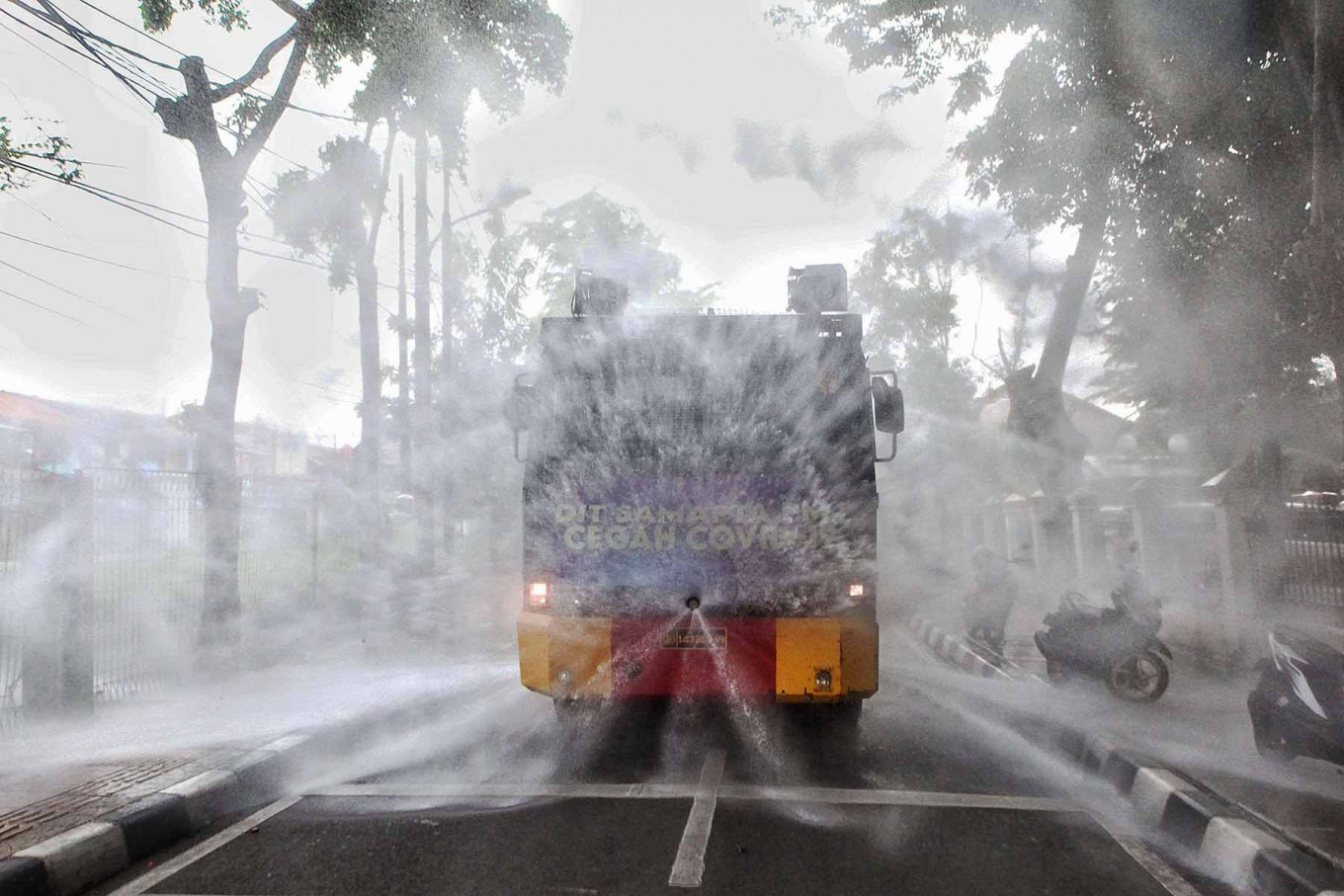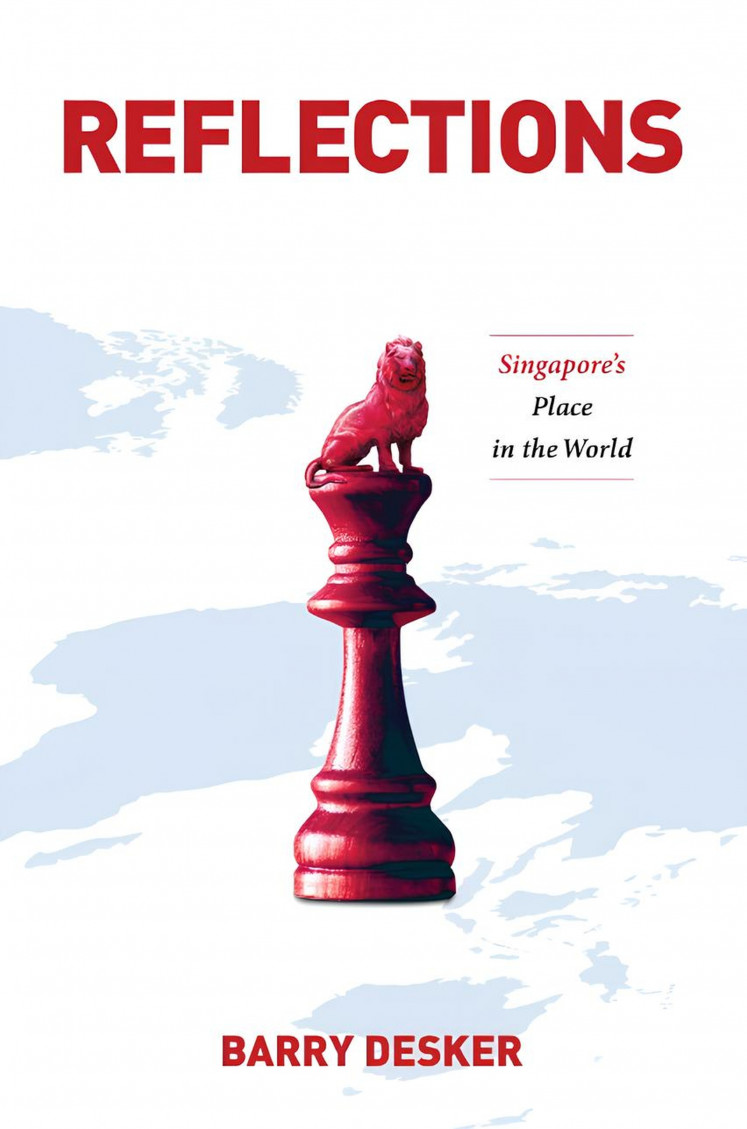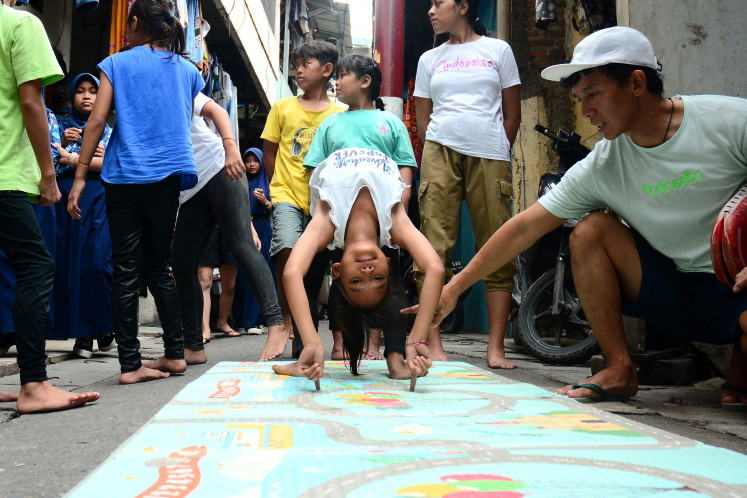Popular Reads
Top Results
Can't find what you're looking for?
View all search resultsPopular Reads
Top Results
Can't find what you're looking for?
View all search resultsThe do's and don'ts of applying antiseptics and disinfectants
Antiseptics and disinfectants are both effective at killing microorganisms, including the COVID-19 virus, but it's all in the application. Here are some do's and don'ts.
Change text size
Gift Premium Articles
to Anyone
T
he COVID-19 health crisis has prompted thousands of people to turn to antiseptics and disinfectants for added protection, as these products are effective at killing microorganisms and thereby contribute to minimizing the virus’ spread.
Although antiseptics and disinfectants may seem similar, they actually have different applications: The former is for applying to the body, while the latter is for inanimate surfaces and objects.
“Antiseptics kill bacteria and viruses on [parts of our body] like the hands, while disinfectants kill bacteria and viruses on [everyday surfaces],” celebrity doctor Aditya Surya Pratama said at a webinar on Thursday. And while antiseptic products could be used to clean frequently touched surfaces, they would not be as effective as disinfectants.
Earlier in March, Ajeng Arumsari, who heads the Research Unit for Clean Technology at the Indonesian Institute of Sciences (LIPI), confirmed that disinfectants could be used to kill SARS-CoV-2, the virus that causes COVID-19.
“Disinfectants can destroy the [protective] fatty layer of the virus. It will weaken the coronavirus, which is weaker than other viruses, such as the norovirus, that have stronger membrane proteins,” Ajeng said in a statement.
Read also: Spraying disinfectant on food packaging unnecessary, expert says
But the World Health Organization (WHO) cautions that spraying disinfectant on environmental surfaces, like roads, will not eliminate the new coronavirus and could even pose a public health risk.
In its publication, “Cleaning and disinfection of environmental surfaces in the context of COVID-19”, the WHO says that spraying disinfectant can be ineffective.
"Spraying or fumigation of outdoor spaces, such as streets or marketplaces, is [...] not recommended to kill the COVID-19 virus or other pathogens because disinfectant is inactivated by dirt and debris," says the publication, adding that “it is not feasible to manually clean and remove all organic matter from such spaces”.
It also stresses, “Spraying individuals with disinfectants [...] is not recommended under any circumstances,” with the final six words in boldface.
Aside from physical and psychological harm, doing so “would not reduce an infected person’s ability to spread the virus through droplets or contact". It also mentions “eye and skin irritation, bronchospasm and gastrointestinal effects” among the health risks associated with the inappropriate use of disinfectants on human beings.
The WHO also does not recommend applying disinfectant by spraying and fogging in indoor spaces “as a primary disinfection strategy”, citing a study that has proven this to be “ineffective in removing contaminants outside of direct spray”.
What it does recommend is the direct application of disinfectants on surfaces “with a cloth or wipe that has been soaked in disinfectant".
As for spraying antiseptics in indoor spaces, Erlina Burhan, a lung specialist at Jakarta’s Persahabatan Central General Hospital, implied that this would be useless.
“I think it would be a waste of energy if we [tried to] clean the air of the virus by spraying antiseptics” such as through a diffuser, she said, as quoted by antaranews.com. (jes)
Editor’s note: This article is part of a public campaign by the COVID-19 task force to raise people’s awareness about the pandemic.











